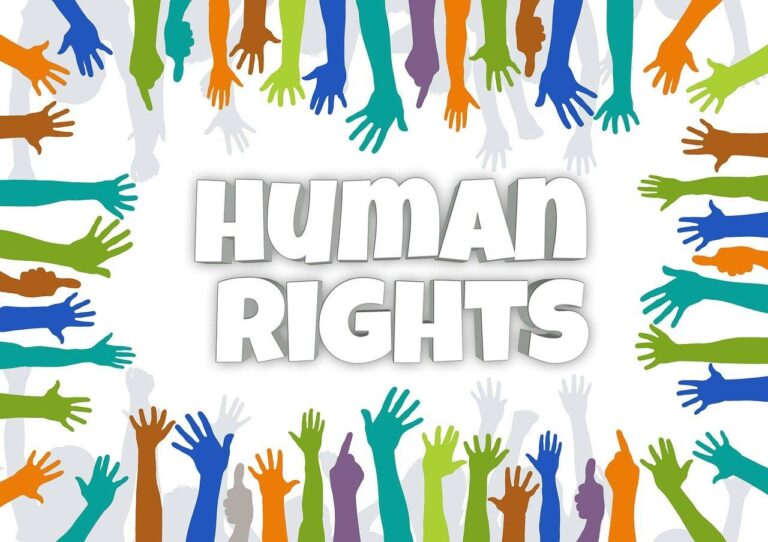In a notable shift in its international human rights policy, the United States has recently altered its approach toward Latin American governments, expressing sharp criticism of Brazil’s human rights record while offering commendation to El Salvador. This reversal marks a departure from previous U.S. stances and signals evolving priorities in Washington’s engagement with the region. As tensions mount and diplomatic dynamics shift, the contrasting assessments have drawn attention from global observers and raise important questions about the future of human rights advocacy in the Americas.
US Shifts Human Rights Policy Spotlight From Brazil to El Salvador
The United States has noticeably realigned its focus on human rights concerns within the Latin American region, shifting from long-standing criticisms of Brazil to a more favorable view of El Salvador. While Brazil’s growing authoritarian tendencies and environmental policies have drawn sustained scrutiny, the US now appears to commend El Salvador’s government for its robust security measures and fight against organized crime, despite ongoing debates surrounding civil liberties. This pivot reflects broader geopolitical interests as Washington balances democratic values with strategic alliances.
- Criticism of Brazil: Issues raised include deforestation rates in the Amazon and suppression of indigenous rights.
- Support for El Salvador: Highlighting President Bukele’s crackdown on gangs and reduction in homicide rates.
- Diplomatic Implications: Increased cooperation on regional security and migration management.
| Country | Human Rights Focus | US Policy Direction |
|---|---|---|
| Brazil | Deforestation, Indigenous Rights | Heightened Criticism |
| El Salvador | Crime Reduction, Security Enforcement | Policy Praise & Support |
Analyzing the Impact of Washington’s New Stance on Regional Diplomacy
Washington’s recent shift in foreign policy signals a noteworthy recalibration of its regional diplomacy, emphasizing strategic alliances over consistent human rights advocacy. The administration’s critical stance on Brazil, despite its historically close ties, stems largely from concerns about governance and environmental policies that clash with U.S. priorities. Conversely, the unexpected praise for El Salvador reflects a broader geopolitical strategy aimed at supporting governments that align with Washington’s interests, even amid controversial domestic policies. This contrasting approach underlines a pragmatic, if contentious, interpretation of human rights frameworks, prioritizing political alignment and regional stability.
The implications of this pivot are multifaceted, affecting diplomatic trust and future collaboration within Latin America. Key reactions include:
- Brazil’s foreign ministry expressing disappointment and cautioning about potential erosion of bilateral cooperation.
- El Salvador’s government
- Regional analysts warning of a possible domino effect, where human rights rhetoric becomes subservient to geopolitical gains.
| Country | U.S. Stance | Primary Reason |
|---|---|---|
| Brazil | Critical | Environmental & governance concerns |
| El Salvador | Praise | Strategic alignment & security cooperation |
Recommendations for Navigating Human Rights Dialogue Amid Changing US Priorities
Wrapping Up
As the United States recalibrates its approach to human rights in Latin America, its contrasting judgments-expressing sharp criticism of Brazil while offering commendation to El Salvador-signal a notable shift in diplomatic priorities. This realignment not only highlights evolving geopolitical interests but also raises questions about the consistency and implications of U.S. foreign policy in the region. Observers will be closely monitoring how these developments influence both bilateral relations and the broader discourse on human rights across the Americas.




